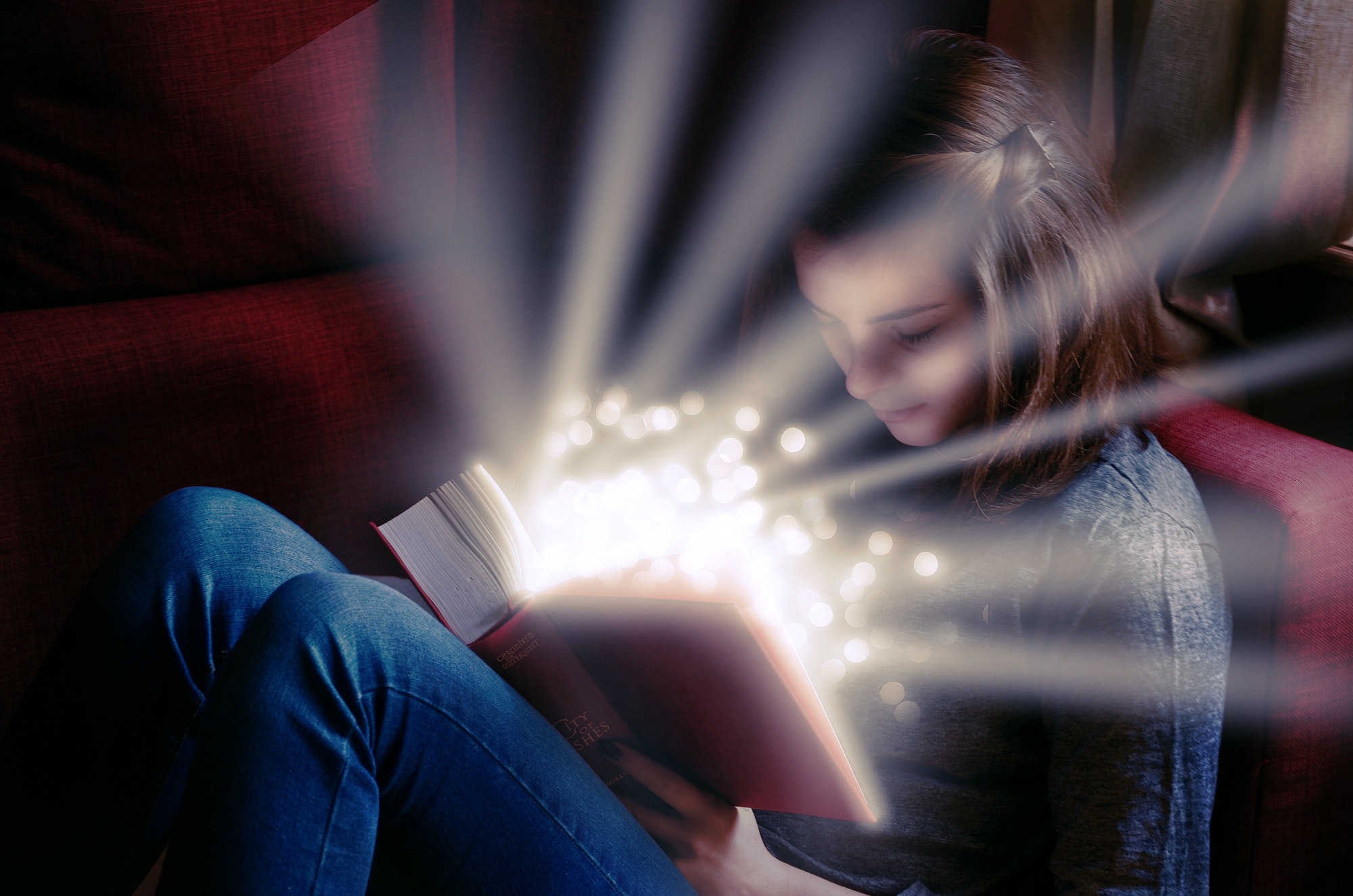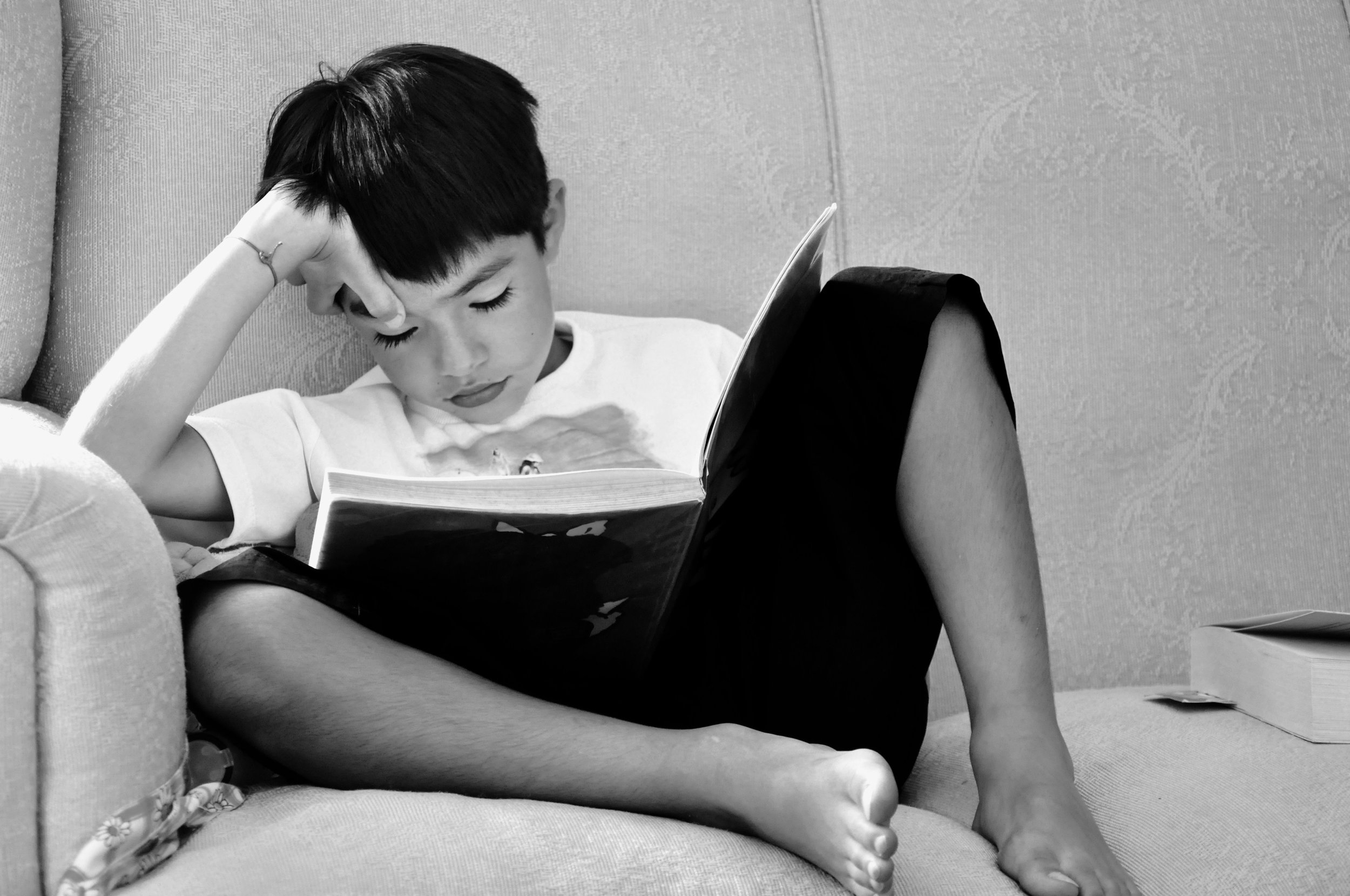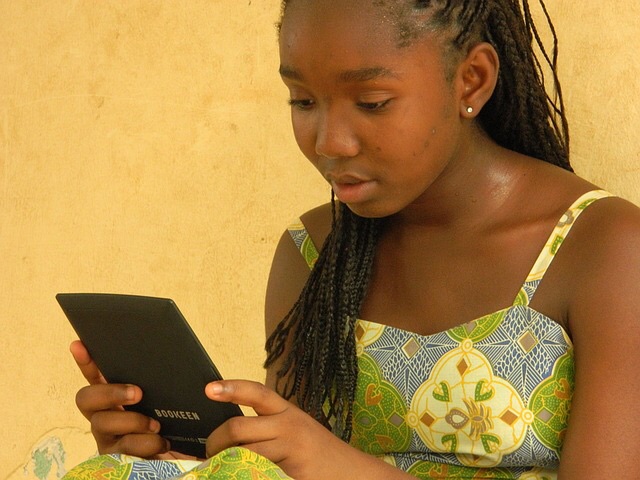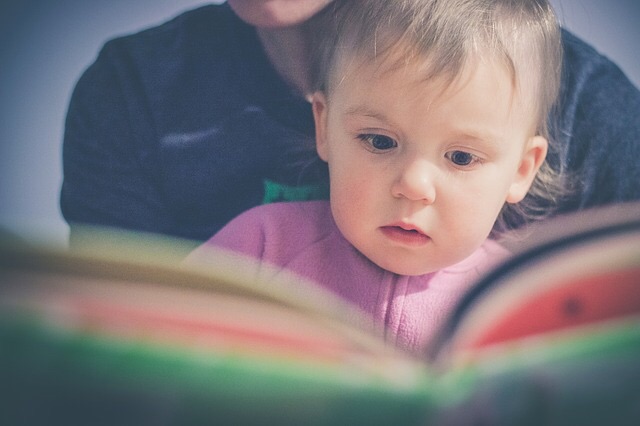It’s banned books month and the American Library Association (ALA) encourages all Americans to support authors’ efforts to exercise their First Amendment rights even authors who write for children and young adults. How? By reading banned books, of course.
This is always a touchy subject because no one wants to be told how to raise their children. When I was preparing for this issue by discussing the topic of banned books with friends and in peer groups, books for children, censorship and the question of age appropriateness were hot topics.
“Censors don’t want children exposed to ideas different from their own. If every individual with an agenda had his/her way, the shelves in the school library would be close to empty.” Judy Blume
FYI – Judy Blume, one of the first authors credited with writing YA novels about subjects such as menstruation, teen sex, masturbation, birth control and death, was named by the ALA as one of the most frequently challenged authors of the 21st century.*
Will you or your chid be reading anything from this list of banned books for children and young adults?
ANYTHING BY JUDY BLUME but specifically:
Iggie’s House - challenged for age appropriateness for discussing racism.
Are You There God? It’s Me, Margaret - challenged for age appropriateness for discussing menstruation.
Blubber - challenged for age appropriateness for discussing bullying.
It’s Not the end of the World, Just as Long as We are Together - challenged for age appropriateness for discussing divorce.
Deenie, Then Again, Maybe I Won’t - challenged for age appropriateness for discussing masturbation.
Forever - challenged for age appropriateness for discussing sexuality.
Here’s to You, Rachel Robinson - challenged for age appropriateness for discussing family issues.
Charlotte’s Webb by EB White - banned in China for having talking animals and also removed from a school district in Kansas when a group of parents complained that talking animals was the work of the devil.
The Harry Potter series by JK Rowling – All seven books were banned at a Catholic school in Wakefield, Massachusetts after their pastor complained about sorcery/witchcraft in the book.
James and the Giant Peach by Roald Dahl – has been challenged/banned by groups because of mentions in the text of snuff, tobacco, whiskey and the word, “ass.” Also banned in Wisconsin in 1999 because of concerns about a scene in the book where a spider licks its lips in what could be interpreted as a sexual/seductive manner.
Tarzan by Edgar Rice Burroughs – pulled from the shelves of a public library in Tarzana, California because there was no evidence Jane and Tarzan were married before they lived together in the trees.
Where the Wild Things Are by Maurice Sendak – was banned in several locations after parents protested about the character Max being sent to bed without his supper as punishment and supernatural themes in the book.
Harriet the Spy by Louise Fitzhugh – banned from several school libraries in the 1960’s because parents felt Harriet’s spying was more like gossiping and slander than observation and her behavior which set a bad example for other children was hurtful and unbecoming.
The Lorax by Dr. Seuss – challenged by parents who objected to the word “stupid” and the logging industry in protest of the book’s environmental message.
Who knew someone would have a problem with kids reading the dictionary?
The America Heritage Dictionary and Merriam Webster’s Dictionary have both been banned in certain school districts because of words deemed inappropriate. The Anchorage School Board banned The American Heritage Dictionary in 1987 for objectionable entries such as the slang definitions of words such as “bed,” “balls” and “knocker.”
Judy Blume: https://commons.m.wikimedia.org/wiki/File:JudyBlume2009.jpg English: 2009 photo of Judy Blume with a young fan. 16 May 2009. Source: https://www.flickr.com/photos/clender/3536819177/ Author: Carl Lender of Flickr.com
Derivative works of this file: JudyBlume2009 (cropped).jpg. Accessed 6 Sept. 2018.
*Most frequently challenged authors of the 21st century, American Library Association, retrieved 2 Sept 2018.
Some information for this article was taken from:
http://theweek.com/articles/459795/17-americas-most-surprising-banned-books















